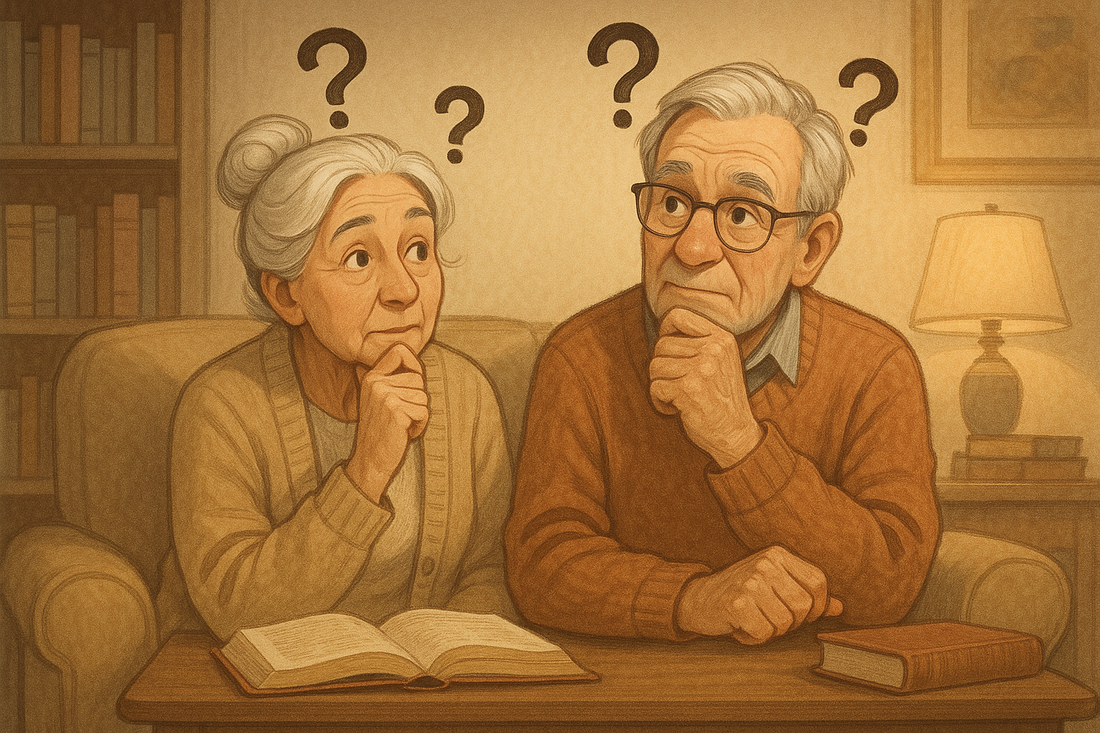
Hungarian Citizenship by Descent: What If the Ancestor Lost Citizenship but the Child Kept It?
Share
Hungary’s citizenship law is based on jus sanguinis (“right of blood”): if your parent was a Hungarian citizen at the time of your birth, you are Hungarian by law, no matter where you were born. But history complicates this rule, especially before 1957, when Hungarian women could easily lose their nationality by marriage or emigration.
In short: The great-grandmother’s loss does not automatically kill the line forever. What matters is whether the child (your direct parent) was legally Hungarian when you were born. If yes, you qualify by verification. If not, you must naturalize.
A common question arises: What if a grandmother lost her Hungarian citizenship, but her child somehow retained it? Can today’s descendants still qualify by verification?
The answer depends on the status of the direct parent at the time of birth.
1. Verification of Citizenship (Állampolgársági Igazolás)
Verification is the process used when you are already Hungarian by birth.
-
If your parent was Hungarian at the moment you were born, then you are Hungarian too.
-
You apply for verification of citizenship to confirm that fact.
-
No Hungarian language test is required.
Consular guidance:
“If you are a descendant of a Hungarian citizen, you may already be a Hungarian citizen by birth. In such cases you can apply for a verification of Hungarian citizenship. This procedure does not require knowledge of the Hungarian language.”
— Hungarian Embassy Washington DC – About Hungarian Citizenship
2. What Happens If the Ancestor Lost Citizenship
Before October 1, 1957, Hungarian women automatically lost citizenship if they married a foreigner. Their children were generally not born Hungarian. If that loss happened, the chain of descent broke.
But sometimes the child (your parent or grandparent) could:
-
File a citizenship statement under the law in effect at the time.
-
Be recognized later under legal reforms.
-
Or regain citizenship through reinstatement.
In such cases, that child personally became a Hungarian citizen, even if their mother had lost it.
3. Descendants of That Child
This creates an important legal principle:
-
If your parent was a Hungarian citizen when you were born, you are Hungarian too — even if your grandmother or great-grandmother had lost citizenship decades earlier.
-
You can apply for verification, not naturalization.
-
No Hungarian language test is required.
If, however, your parent was not Hungarian at the time of your birth, you are not Hungarian by law. Your only option is simplified naturalization, which requires Hungarian.
4. Why This Matters in Real Cases
Let’s say:
-
Great-grandmother was born Hungarian but married a Russian before 1957 → she lost citizenship.
-
Her child later filed the proper citizenship statement and was recognized as Hungarian.
-
That child then had their own children.
If you are descended from that child, and they were still Hungarian at your birth, you qualify for verification. The great-grandmother’s loss does not block you, because Hungarian law looks only at the immediate parent’s status.
5. Bottom Line
-
Each generation is judged by whether their immediate parent was Hungarian at birth.
-
If your parent was Hungarian when you were born, you are Hungarian by law, regardless of earlier losses.
-
If your parent was not Hungarian at your birth, the chain is broken, and your only option is simplified naturalization (Hungarian language required).
